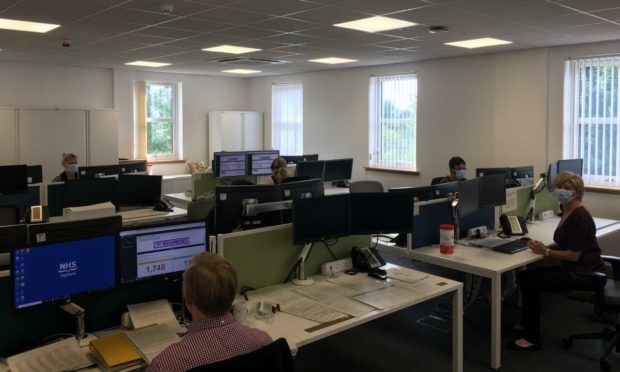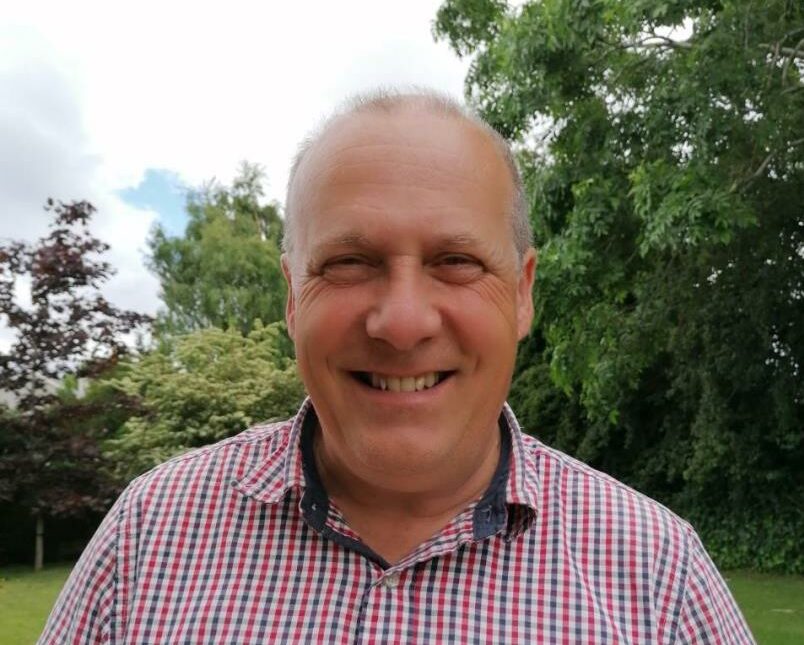As Covid cases continue to rise again as people make the most of the easing of restrictions, contact tracing has become even more important.
But even before this week’s surge in cases, health bosses were warning that contact tracers were struggling to cope with demand.
NHS Highland is among those feeling the pressure, with the region’s flagship hospital currently at capacity and at “code black”.
Stephen Loch, a member of the tracing team, has answered some key questions on what the process involves.
Q. How long have you been a contact tracer for NHS Highland?
A. I started working with the team in October last year as I wanted to help with the effort to fight Covid-19. I had never done the work before and I was given extensive training and practice in the role before I started. It was a great learning experience for me and the team are incredibly dedicated and committed to their work.
Q. What does your role as a contact tracer involve?
A. We contact people who have tested positive for Covid-19 to find out about their symptoms and what to do if they become more unwell, offer them advice on self-isolating in addition to identifying their close contacts and where they may have acquired the infection.
We then contact those individuals that are close contacts to advise them on self-isolating and how to book a Covid-19 test. This contact was initially by telephone, however as numbers have increased, we now contact most close contacts by text.
Q. What can people do to help the team while the numbers of cases across Highland are so high?
A. While the contact tracers are working incredibly hard, the very high case numbers mean that it is taking longer for us to contact cases.
If someone has tested positive, we are now sending them an e-mail with a contact tracing form to complete. We would be very grateful if people could fill this in and return it to the health protection team. Please check your junk folder in case the email has been misplaced.
Early experience has demonstrated that we can double the number of cases that can be contact traced per day by doing this and are asking the public to help us with this.
Q. What is the most challenging part of your role as a contact tracer?
A. The interview process can be difficult, especially if the person is unwell. Understandably, people can be anxious and upset and worried about their health and the health of their families and friends. Other conversations can be quite challenging; however, we have developed skills to handle this and provide advice, guidance, and support to people. As case numbers have increased, the pressure on the team has intensified, which is why it is so important that the public support us by completing the form in the email when they receive it.
Q. What are the most rewarding parts of your role?
A. I enjoy speaking to people and building a rapport with them; it is something I have enjoyed throughout my career as a healthcare professional. I also enjoy that we are playing our part in reducing the spread of Covid-19 across Highland, Argyll and Bute and would encourage the public to continue to help us in the weeks and months ahead.

